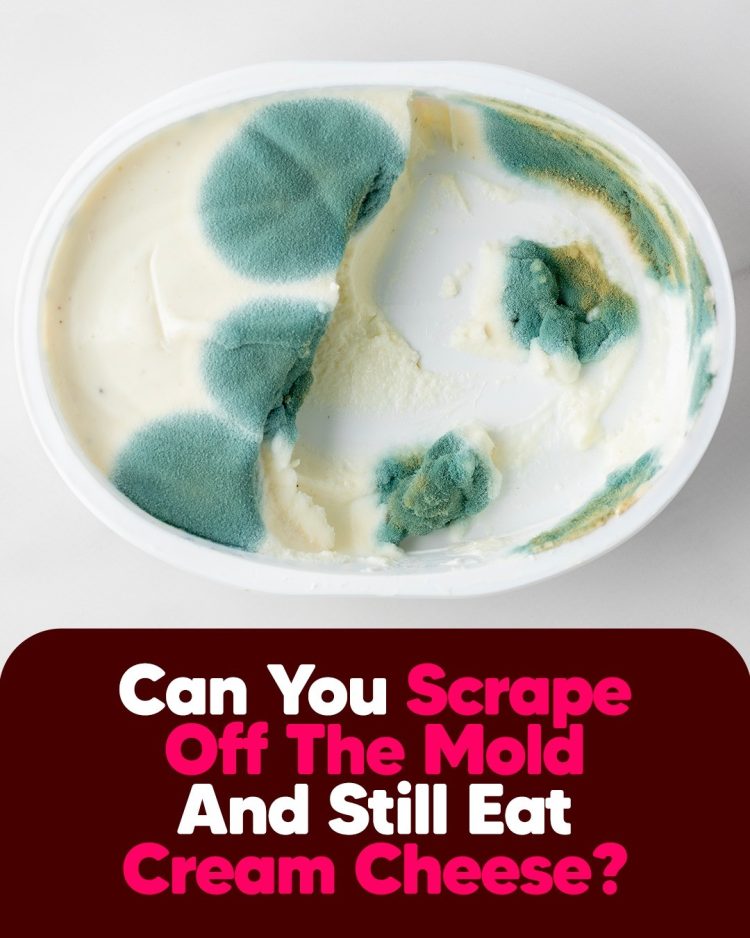Can You Eat Moldy Cheese? When to Clean It and When to Throw It Away
By Ilaria Canevara
The question is a valid one—after all, it’s food, and wasting it always feels like a shame. Cheese is not only a rich source of protein (100g of caciocavallo contains a third more than an equal amount of chicken), but often a high-quality artisanal product. It’s no surprise that even mold seems to favor cheese, which is why it tends to develop mold so easily.
Whether you should throw it away or try to salvage it depends on several factors. One thing is certain: you should never taste moldy cheese to judge its safety. Some molds are harmful, and sampling potentially contaminated food is never a good idea. Instead, assess the type of cheese, how it was stored, and how extensive the mold growth is. These three factors will help you determine whether the cheese can be cleaned or if it’s better to discard it. Here’s what you need to know.
The Difference Between Soft, Semi-Hard, and Hard Cheeses
Unfortunately, moldy soft cheese should always be thrown away. Mold contamination in soft cheeses can spread far beyond what’s visible, with microscopic roots penetrating deep into the cheese—sometimes several centimeters. Additionally, molds may produce harmful toxins that can spread throughout the product.
Soft cheeses, such as ricotta, cream cheese, and cottage cheese, are particularly vulnerable to this kind of contamination. They also present a higher risk of harboring dangerous bacteria like Listeria and Salmonella. In short, soft cheeses with mold cannot be salvaged.
On the other hand, hard cheeses (like Parmesan or aged Cheddar) and semi-hard cheeses (such as Emmental or Gruyère) are more resilient. In these cheeses, mold growth tends to remain localized and can often be removed safely.
Can You Scrape Off Mold from Cream Cheese and Still Eat It?
see continuation on next page
